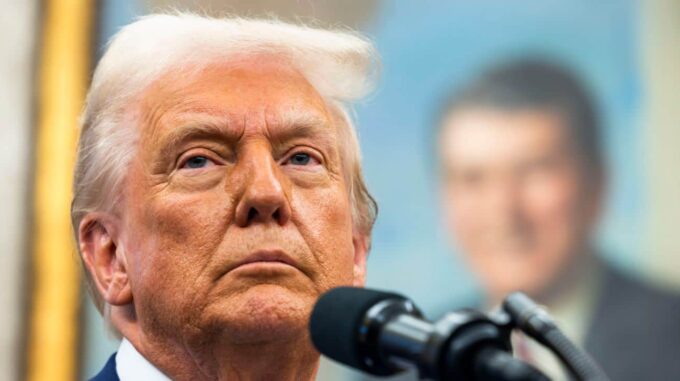Against the backdrop of critical statements and tensions surrounding the Ukraine-Russia conflict, numerous European leaders decided to engage in a constructive discussion about the recent phone call between U

S. President Donald Trump and Russian President Vladimir Putin. The evening of May 19 became yet another occasion when high-ranking officials from Italy, Germany, France, Finland, and representatives of the European Commission gathered to define their stance and reaction to the latest events in international politics concerning Ukraine and Russia. According to information sources within European institutional and governmental circles, the leaders discussed the content and implications of Trump’s recent conversation with Putin, emphasizing the importance of its details for future strategic cooperation and approaches to resolving the conflict. The chief European representative – Ursula von der Leyen, President of the European Commission – expressed gratitude to Trump for his "tireless and persistent efforts to promote the idea of a ceasefire in Ukraine." She underscored the importance of maintaining an active U.S. role in the peace process, stating: "We appreciate this commitment and will continue to support President Zelensky in implementing strategies to achieve a lasting and sustainable peace in Ukraine." This demonstrates a multilateral approach by European allies towards conflict resolution and support for Ukrainian sovereignty. Finnish President Alexander Stubb also contributed, adding that his colleagues discussed prospects for peace talks between Ukraine and Russia, the issue of a ceasefire, and steps toward establishing a "just and lasting peace." He recalled that supporting Ukraine’s independence and territorial integrity remains a priority for Finland: "We continue to work closely with our European and American partners to achieve a result that affirms Ukraine’s sovereignty and ends the conflict," he emphasized. According to sources in the office of German Chancellor Olaf Scholz, during Trump’s phone call with Putin, the American president and European leaders agreed on subsequent steps and ways to foster more active cooperation. Specifically, it was noted that the parties coordinated the need for close diplomatic and technical negotiations, and discussed the possibility of holding the next high-level meeting among representatives in the near future. The messages also highlight an emphasis on strengthening sanctions policy against Moscow. European participants underscored that sanctions remain a vital tool for pressuring Russia to increase its accountability and to stimulate diplomatic solutions. Regarding Trump himself, after his phone call with Putin on May 19, he made a high-profile statement asserting that Ukraine and Russia would "immediately" begin negotiations to cease fire. However, he did not specify details in his statement, including whether he supported or rejected the conditions outlined by Russian leadership. Notably, according to sources, before the direct call with Putin, Trump had contacted Ukrainian President Volodymyr Zelensky to discuss the situation and the challenges Ukraine faces in this complex diplomatic game. Despite statements expressing a desire to find a path to peace, the international community remains vigilant. U.S. support, European engagement, and intensified sanctions pressure demonstrate a unified goal: to increase diplomatic pressure on Russia and encourage constructive dialogue. Nevertheless, the peace negotiations process remains uncertain, and tensions within international circles keep the global political arena on edge. Overall, these events highlight the complexity of diplomatic efforts and the multifaceted approach of the international community toward resolving the ongoing conflict. They demand a balance between strict measures and peace initiatives, which will be a key task for all actors involved in this crisis in the coming months.

